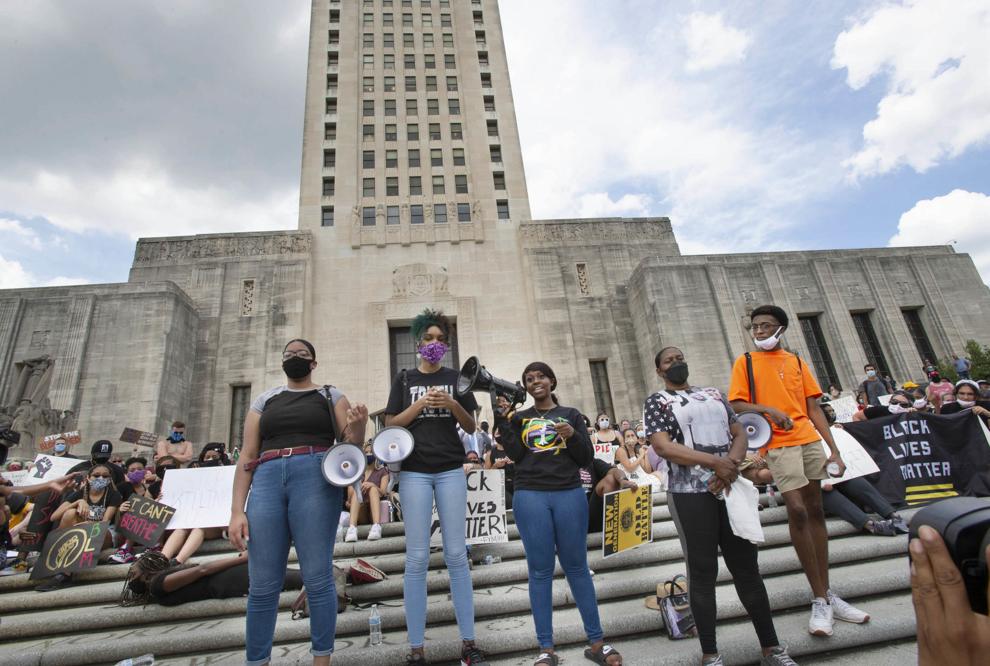Eight minutes and 46 seconds. Rarely has so much transpired in so little time.
And now our streets are filled with a diverse group of mostly young people driven by what the theologian Walter Brueggemann calls the “prophetic imagination” — the intersection of pain and hope. They are not paralyzed by despondency or beguiled by optimism. Having seen us at our worst, these young people call us to our best.
My sincere hope is that we will accept their passionate demand to imagine, then create a better world, a better country, a better Louisiana, and a better Baton Rouge.
We are being challenged to envision police who actually protect and serve all the citizens of our community without any regard to race, geography, income, gender or anything else.
We are being challenged to visualize a community where the children who attend our poorest schools are as important to us as the children who attend the richest ones.
We are being challenged to conceive of a Baton Rouge where the business community embraces a “competitive inclusiveness,” or, simply put, where the opportunity to compete is available to all rather than a select few.
It would be easy right now to offer a faint nod of agreement to the protesters and hope for a quick return to “normal,” but that would be a tragic mistake. The young people in our streets are determined and resilient. They’re not going anywhere any time soon, and they’re certainly not giving up.
Nor should they. The long-term cost of holding firmly to the status quo will pass the buck to yet another generation, an invoice to be paid by our children’s children.
But, be not mistaken, there will be a price to pay for making progress, too. Embracing the prophetic imagination of the young people in our streets will require an expanded table, if not a new one, as more people will need seats. We must accept many new faces and new voices in important discussions about the past, present and future of Baton Rouge.
And co-creating a better, brighter future for all of Baton Rouge demands that we, as elders, sometimes take a back seat. We must support this movement for racial justice, not manage it. We must develop a shared vision and roadmap together.
In the midst of these challenging and complex times, I am decidedly optimistic. At 64, this is not my first brush with civil unrest related to racial inequality. Yet, the response of so many is different this time. An increasing number of individuals and influencers from all walks of life and commerce are raising their voices in support of meaningful change. And as importantly, they are reaching out to ask questions and learn.
This moment is pregnant with potential and consequence. And I am determined to offer myself in whatever capacity needed to ensure there is not a miscarriage. I hope you are, too.
What happens next depends on how we — all of us — respond to this opportunity wrapped inside of a great challenge.
Raymond A. Jetson heads the Baton Rouge nonprofit MetroMorphosis.


